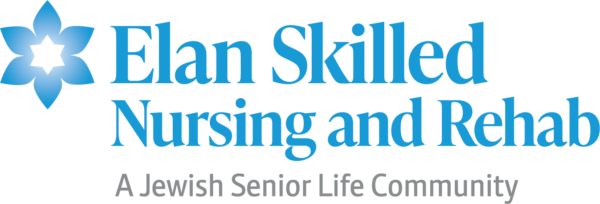June is Alzheimer’s Awareness Month
Understanding Alzheimer’s: Awareness and Prevention for Seniors

Alzheimer’s Disease is a progressive neurological disorder that leads to memory loss and cognitive decline in older adults. This condition affects memory, thinking, and behavior, and can present significant challenges for both those diagnosed and their caregivers. While there is no surefire way to prevent Alzheimer’s completely, there are lifestyle changes and strategies that may reduce the risk or delay the onset of the disease.
Healthy lifestyle is key
First, maintaining a healthy, active lifestyle is crucial. This includes engaging in regular physical activity, which has been shown to improve blood flow to the brain and reduce the risk of cognitive decline. Aim for at least 150 minutes of moderate aerobic exercise per week, such as brisk walking, coupled with muscle-strengthening activities on two or more days a week.
Diet also plays a significant role; a diet rich in fruits, vegetables, whole grains, and lean proteins, particularly the Mediterranean diet, has been linked to better brain health. Additionally, managing risk factors for cardiovascular disease—such as obesity, smoking, diabetes, high blood pressure, and high cholesterol—may also lower the risk of Alzheimer’s, as what’s good for the heart is often good for the brain. Staying hydrated is also crucial as even mild dehydration can impair brain function, affecting concentration and memory.
Stay mentally and socially active
Mental stimulation and lifelong learning are also important. Engaging in activities that challenge your brain, such as reading, solving puzzles, playing musical instruments, or learning a new skill or language, can enhance cognitive reserve and potentially delay the onset of Alzheimer’s symptoms.
Social engagement and maintaining strong social connections may also protect against Alzheimer’s, possibly by reducing stress levels and decreasing the risk of depression, both of which are considered risk factors for the disease. Engaging in social activities encourages the use of cognitive skills and emotional regulation, contributing to a healthier, more resilient brain.
Treat your brain kindly
Lastly, getting adequate sleep, managing stress, and seeking treatment for mental health disorders like depression and anxiety can contribute to overall brain health. Practicing stress-reduction techniques like meditation can also contribute significantly to brain health, aiding in memory consolidation and reducing the damaging effects of stress on the brain.
While these strategies do not guarantee prevention, they offer the best approach currently known for reducing the risk of Alzheimer’s disease. It’s also important to stay informed about new research on prevention, as the scientific understanding of Alzheimer’s continues to evolve, and because early detection can significantly improve the quality of life for those impacted by the disease.
 Dr. Ken Sebastianelli has served as Medical Director for Elan Skilled Nursing and Rehab, a Jewish Senior Life Community, since 2012. Dr. Sebastianelli is a board-certified Internal Medicine practitioner with Prime Med Medical Group, and is affiliated with Geisinger Community Medical Center and Moses Taylor Hospital. He is also a member of the Medical Executive Committee at Geisinger Community Medical Center.
Dr. Ken Sebastianelli has served as Medical Director for Elan Skilled Nursing and Rehab, a Jewish Senior Life Community, since 2012. Dr. Sebastianelli is a board-certified Internal Medicine practitioner with Prime Med Medical Group, and is affiliated with Geisinger Community Medical Center and Moses Taylor Hospital. He is also a member of the Medical Executive Committee at Geisinger Community Medical Center.





